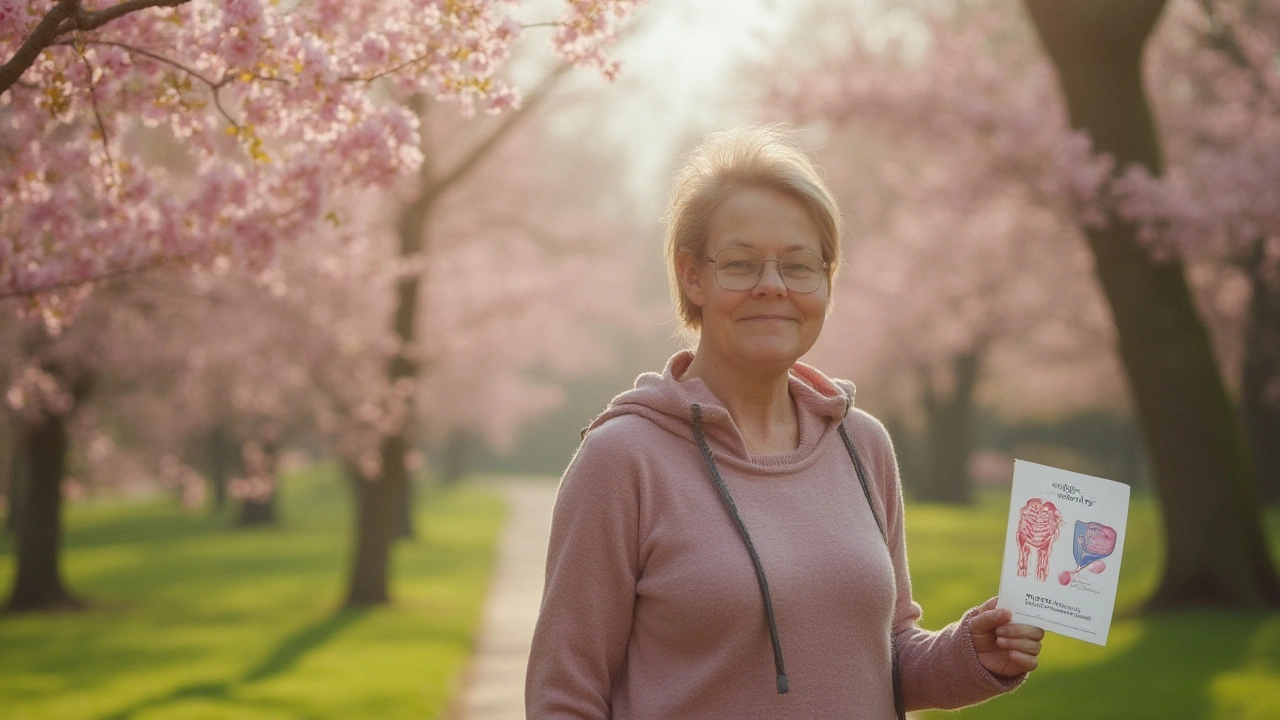Evista – What It Is and When You Need It
Evista is the brand name for letrozole, a pill doctors often prescribe after surgery for hormone‑responsive breast cancer. It belongs to a group called aromatase inhibitors, which means it blocks the body’s ability to make estrogen – the hormone that can help some cancers grow. If you’ve had a tumor that tested positive for estrogen receptors, your oncologist might add Evista to keep the cancer from coming back.
Even if you’re not fighting cancer yourself, you might see Evista mentioned in news stories about breast‑cancer research or hormone‑related conditions. Knowing the basics can help you ask better questions at the pharmacy or during a doctor’s visit.
How Evista Works
In simple terms, Evista tells the enzyme aromatase to take a break. Aromatase’s job is to turn other hormones into estrogen, especially after menopause when the ovaries stop making most estrogen. By slowing that conversion, Evista lowers estrogen levels in the bloodstream. Less estrogen means fewer signals for certain breast‑cancer cells to grow.
Because it works on the enzyme, not the cancer cell itself, Evista can be useful for many women who have already had their ovaries removed or who are post‑menopausal. That’s why doctors usually prescribe it for women over 45, but some younger patients on ovarian suppression also benefit.
Common Dosage and Side Effects
The standard dose is one 2.5 mg tablet taken once a day, with or without food. Most people stick with it for five years, though some doctors may suggest a shorter or longer course based on risk factors.
Side effects are usually mild but can be annoying. The most frequent ones include joint or muscle aches, hot flashes, and fatigue. A few people notice mild nausea or a slight increase in cholesterol, so routine blood tests are a good idea.
If you ever feel sudden stomach pain, severe headaches, or notice swelling in your legs, call your doctor right away – those could signal rarer complications. Staying in touch with your care team helps catch issues early.
Another thing to keep in mind is bone health. Lower estrogen can thin out bones over time, so doctors often suggest calcium, vitamin D, and weight‑bearing exercise while you’re on Evista. Some patients also get a bone‑density scan before starting the medication.
Finally, remember that Evista can interact with other drugs. Antacids containing aluminum or magnesium might reduce its absorption, so take them at least two hours apart. Always list every prescription, over‑the‑counter product, and supplement you use when you talk to your pharmacist.
Bottom line: Evista is a powerful tool for many women battling hormone‑sensitive breast cancer. Knowing the right dose, watching for side effects, and keeping up with check‑ups can make the treatment smoother and more effective.
Evista Benefits, Side Effects, and Usage: What Women Need to Know in 2025
Explore how Evista helps women prevent osteoporosis and reduce breast cancer risk, how it works, side effects, real-life tips and medical facts for 2025.
Learn more...